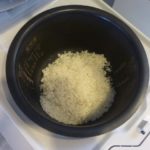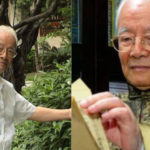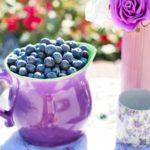That’s wasabi, a common spice in Japanese dishes like sashimi, sushi, or soba noodles. It not only enhances the flavor and eliminates fishy odor but also has the ability to reduce the risk of memory loss.
A study from Tohoku University (Japan) showed that, after 3 months, older adults had significant improvements in short-term and long-term memory as well as cognitive abilities after consuming a small amount of wasabi extract daily. The study focused on a bioactive compound in the root of wasabi called 6-MSITC, which has superior antioxidant effects.

The study was conducted on 72 healthy individuals aged 60-80, divided into 2 groups. One group consumed 0.8mg of 6-MSITC (equivalent to 5g of wasabi) daily, while the other group received a placebo. The results showed that after 12 weeks, the cognitive abilities of the subjects in the 6-MSITC group were significantly improved compared to the placebo group.
Long-term memory was higher by 18% and short-term memory was higher by 14%. Along with that, there was a noticeable improvement in cognitive abilities in terms of processing short conversations, simple calculations, and remembering faces and names.
According to the researchers, 6-MSITC can reduce inflammation, decrease oxidative stress, and enhance neural plasticity in the hippocampus, which is responsible for memory function.
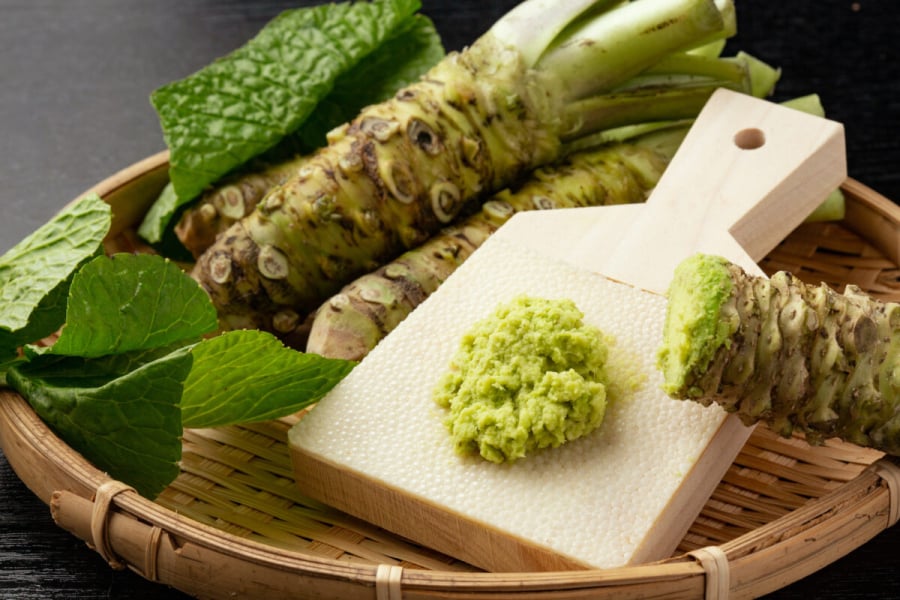
Rei Nouchi, an associate professor at the Institute of Development, Aging and Cancer at Tohoku University, who led the study and is an expert in preventing memory loss, noticed a high rate of discontinuation of brain-enhancing therapies such as the Mediterranean diet, exercise, and music. As a result, he conducted a study on therapeutic adjustments through dietary changes, specifically adding wasabi to daily meals.
He believes that daily supplementation of wasabi will help the elderly maintain better health, antioxidant and anti-inflammatory effects compared to ginger and turmeric. This in turn has a positive impact on longevity and overall health.
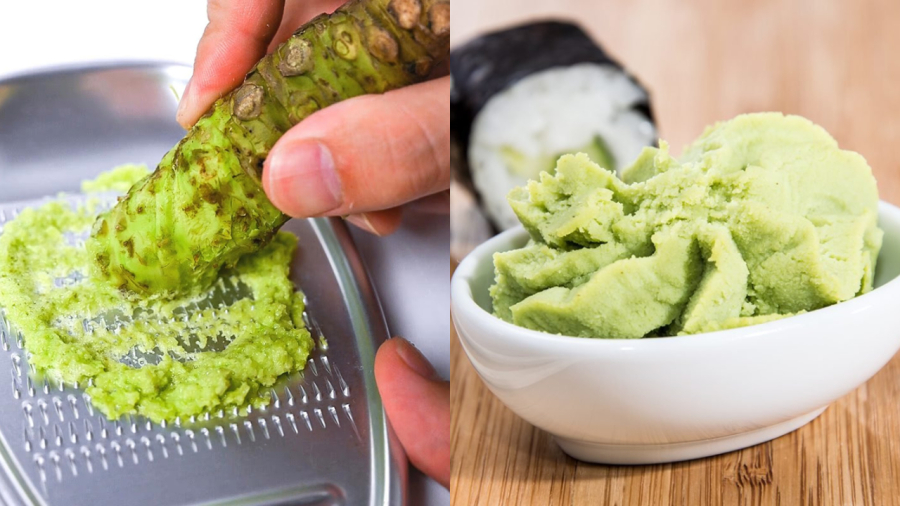
Of course, to achieve effectiveness, high-quality wasabi must be used. The current market offers many types of wasabi made from horse radish and added food coloring. Authentic Japanese wasabi is difficult to grow and takes nearly 2 years to harvest. Furthermore, the cultivation process requires strict control of temperature, shade, humidity, soil, etc., making it relatively expensive.
In addition to wasabi, you can choose other brain-boosting foods such as fish, eggs, walnuts, and beets.
Foods to Eat Before an Exam for Boosting Study Performance
There is often a lot of pressure before exams, which can make you feel quite stressed. Even if you have studied hard, the anxiety to succeed can reduce your ability to remember and understand the material. Below are the best food choices that will help you stay balanced and perform well in your exams.
























